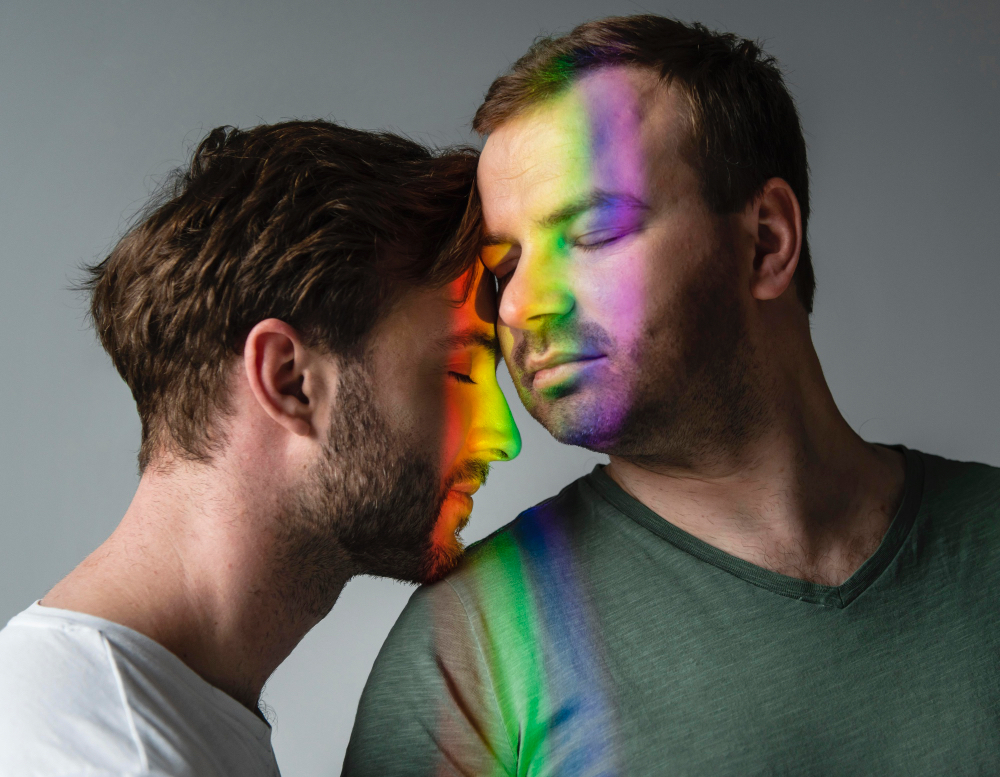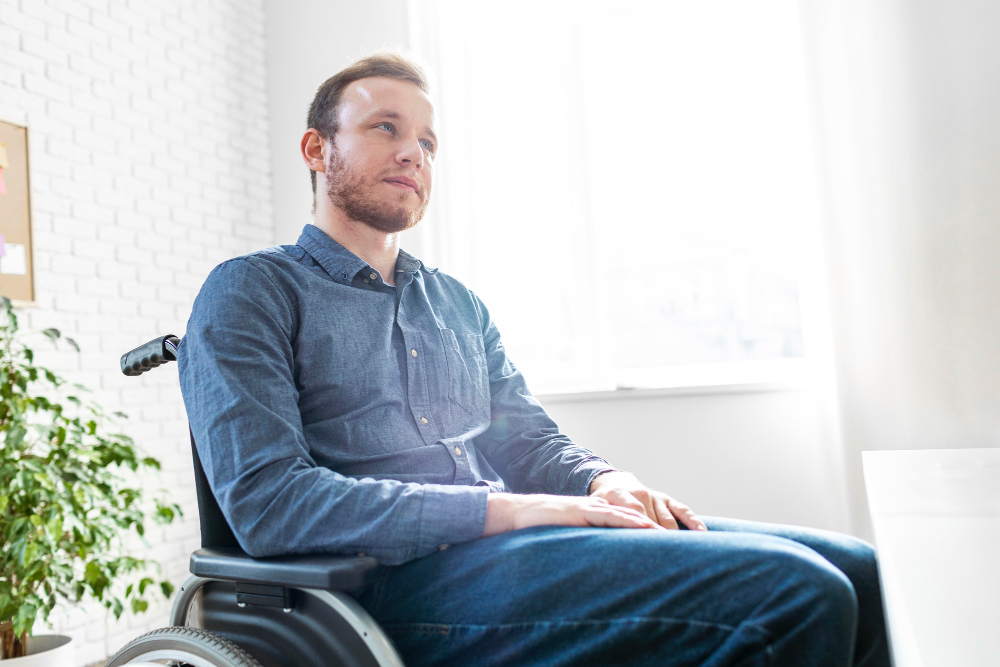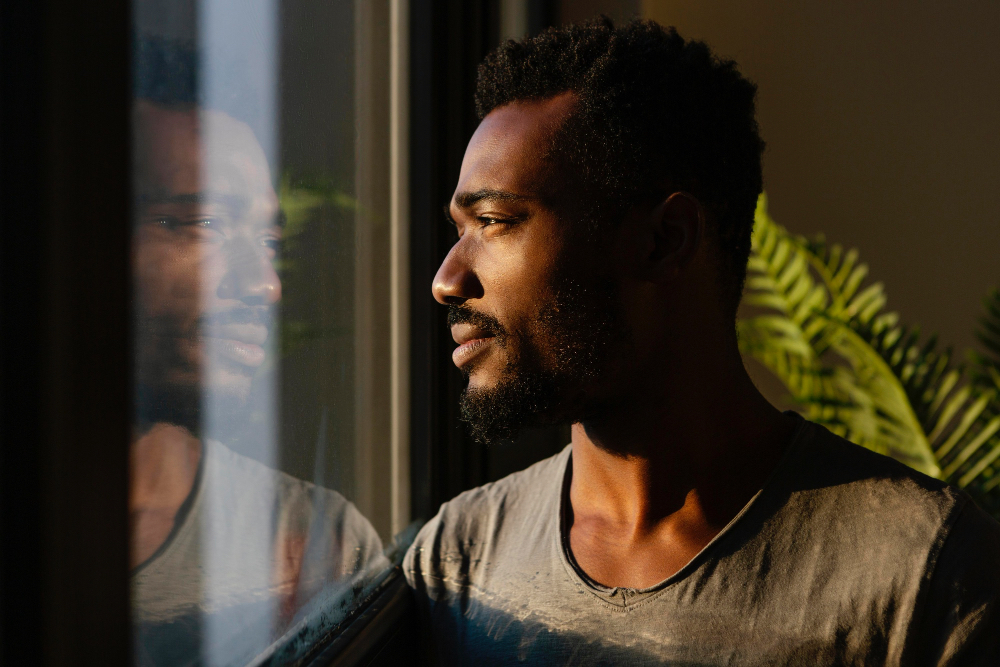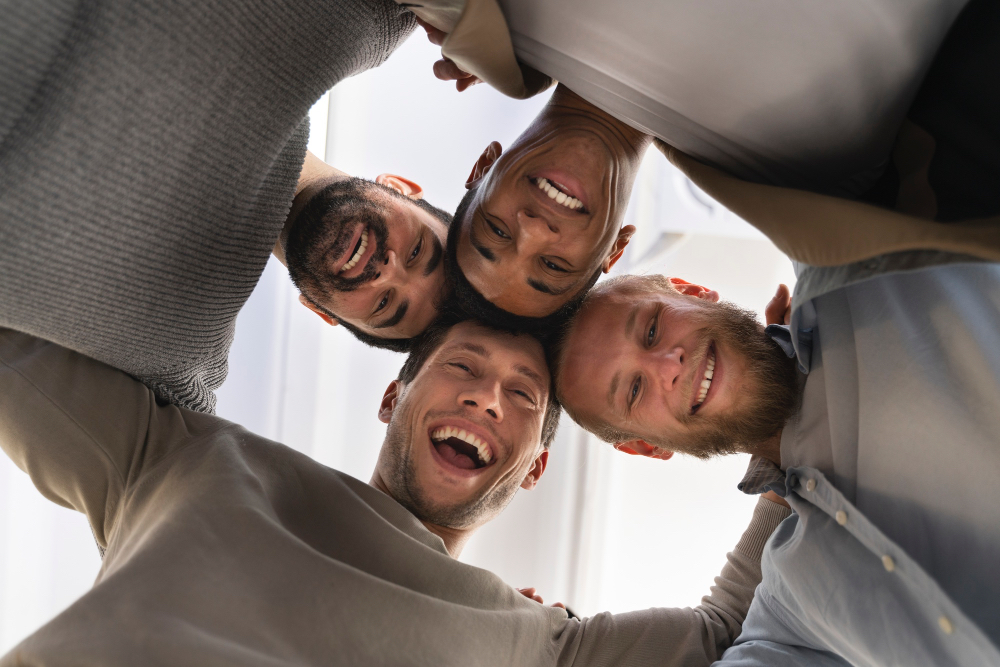For a lot of gay men, coming out feels like crossing the finish line—finally, you can live openly. But self-acceptance isn’t always a one-and-done moment. Sometimes the hardest work comes afterward, in noticing the quiet ways old shame and negative messages still sneak into daily life. That’s what internalized homophobia does—it plants seeds that grow into little habits and thoughts we don’t always recognize at first.
Maybe you’ve caught yourself lowering your voice in certain settings, toning down your gestures, or walking differently in public. You’re not doing it on purpose—it’s just that somewhere along the way, you learned that blending in might feel safer. Or maybe you find yourself pulling away from other gay men who are more flamboyant or expressive. It’s not that you don’t like them—it’s that being too close to them makes you feel exposed in a way that stirs up old fears.
It can also show up in how hard you push yourself. Maybe you strive to be extra successful, well-dressed, or “put together,” as if proving your worth can somehow counteract something you’ve been told is “less than.” Or maybe you avoid talking about your partner in certain circles, skip over details about your personal life, or hold back on affection in public—not because you don’t want to be yourself, but because a part of you still wonders if it’s “okay.”
And then there’s that inner voice—the one that sometimes criticizes your body, your desires, or your emotions more than you’d ever criticize someone else’s. That voice often isn’t yours. It’s an echo of what you’ve been told, directly or indirectly, about who you’re allowed to be.
The truth is, recognizing these patterns is powerful. Internalized homophobia isn’t a sign you’ve failed—it’s a natural response to living in a world where bias exists. But once you see it, you can start to question it. You can choose to be gentler with yourself, to surround yourself with people who celebrate you, and to take small risks toward being more visible and more authentic. Every time you do, you loosen shame’s grip a little more, and you step further into a life that feels fully and unapologetically yours.




